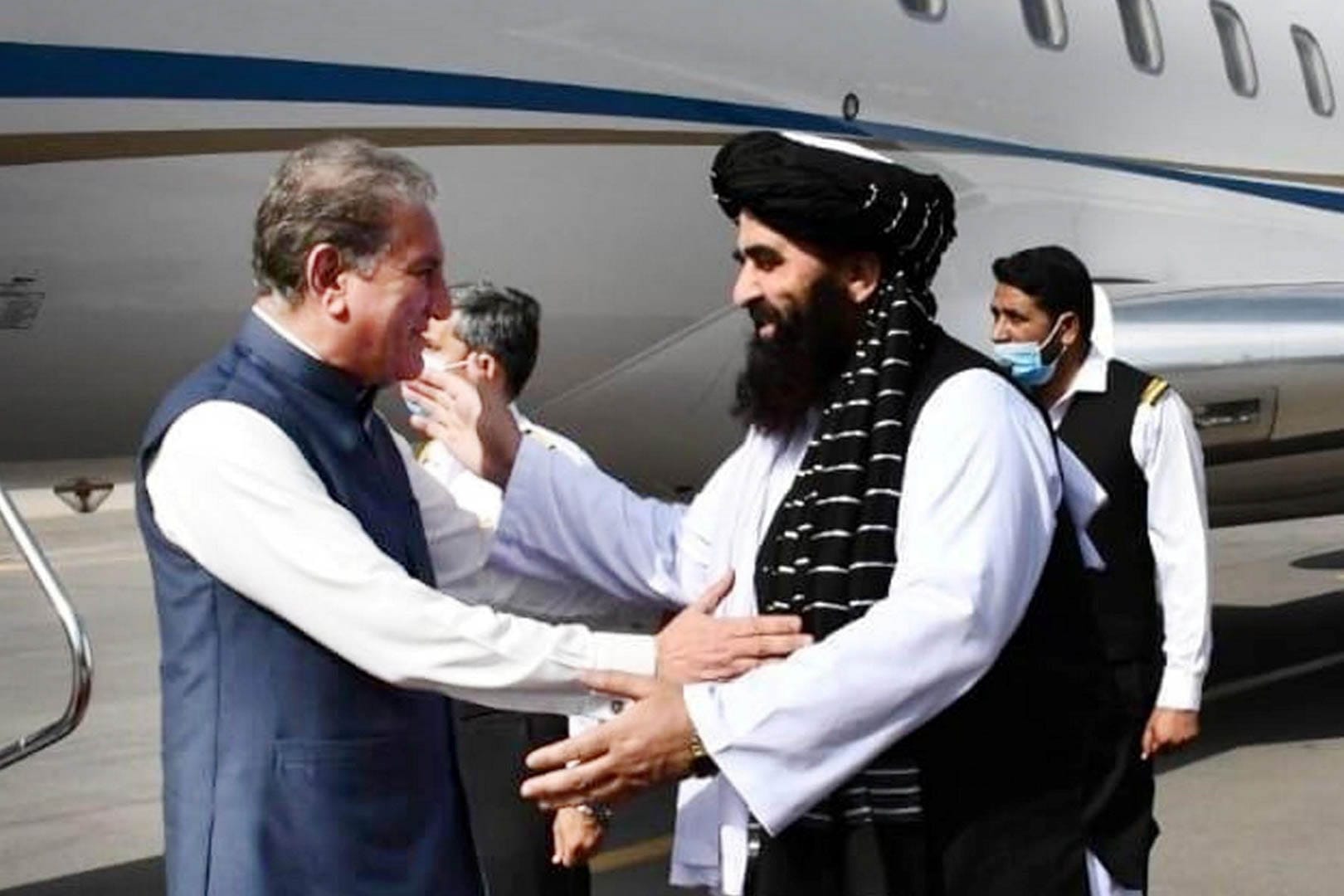Despite the souring relations between Islamabad and Kabul on security matters, particularly, the outlawed Tehreek-e-Taliban Pakistan (TTP) sanctuaries on Afghan soil, Pakistan still needs to prioritize its relations with the Taliban in Kabul.
Considering the rapid changes taking place in the context of Afghanistan, Pakistan also needs to incorporate radical changes in its Afghan policy. The new policy should focus on broader engagement with the Afghan people and the regime in power.
Due to the rise in terror attacks in Pakistan since the TTP ended its ceasefire with the government in November, the Pakistan authorities have repeatedly accused Afghan Taliban of allowing terror groups to conduct their operations from Afghan territory. These accusations have forced the Taliban to remain rather hostile, and the consequences of such policies have not been effective for the Pakistani government in achieving its national interests in Afghanistan.
On the contrary, the National Security Committee meeting of Pakistan chaired by Prime Minister Shehbaz Sharif in the week emphasized that engaging with the Afghan Taliban is beneficial rather than initiating talks with the TTP or other militant groups.
Given the fact that the Afghan Taliban are a reality and the current rulers of Afghanistan, strengthening relations with the new regime in Kabul is significantly more important rather than throwing negative statements at each other.
Amid the economic crisis, the Taliban’s administration is trying its best to build economic ties with the neighboring countries of Central Asia and Southern states. Therefore, for Pakistan to achieve its geocentric goals, the country needs to revitalize its policy through broader engagements, including providing educational programs for female Afghan students, initiating a softer policy towards Afghan refugees currently residing in Pakistan, and having close economic and bilateral trade relations with the Taliban regime in Kabul.
Source : Khaama










